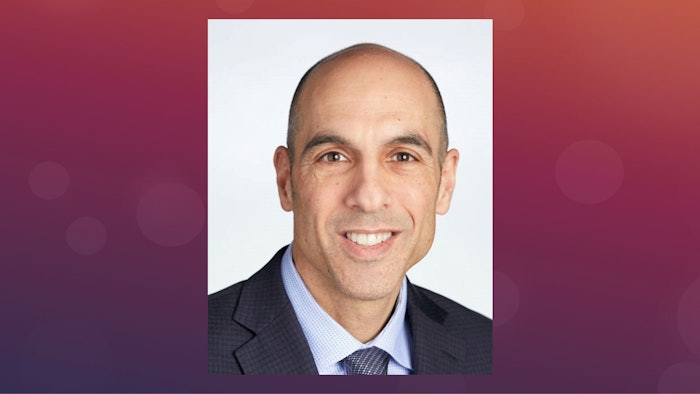Got questions about anticoagulation and thrombosis?
Friday’s session will answer those questions and many more.

Clinical scenarios involving anticoagulation and thrombosis are among the more common cases faced by hospitalists.
Andrew Dunn, MD, director of Friday’s session, “It’s a Sure Bet: No Lecture, Just Answers to Your Questions on Anticoagulation and Thrombosis,” said there will be no lectures or slides, just straight answers to any questions attendees might have.
“The other faculty and I have led sessions like this in the past, and we find it to be vibrant and lively,” said Dr. Dunn, who is professor of medicine and chief of the Division of Hospital Medicine at Mount Sinai Health System. “Hospitalists see these patients often, so they always have insightful and relevant questions, making the session highly educational.”
Although there is no fixed agenda, Dr. Dunn said there are certain areas related to the main topics that he expects will be discussed.
Because hospitalists see anticoagulation and thrombosis patients often, Dr. Dunn expects certain topics to come up, such as:
- The management of anticoagulation for patients who are bleeding.
- Whether we can use a direct oral coagulant for patients with end stage renal disease.
- The perioperative management of anticoagulant and anti-platelet agents.
However, because of these free-flowing nature of the session, Dr. Dunn added that it could be other topics out of left field.
“That’s what makes the session exciting for the audience and for the faculty too,” he said.
One topic that is almost certain to come up is the perioperative management of patients on direct-acting oral anticoagulants. Dr. Dunn said this is a common scenario that hospitalists face every day.
“These medications are frequently used across a variety of indications, and patients over time often require surgery or procedures,” he said. “Management is challenging as clinicians need to determine how long they need to hold these medications prior to the procedure and when they can restart in order to decrease the risk of thromboembolism and postoperative bleeding.”
Dr. Dunn said there is specific knowledge hospitalists should have when it comes to one medication in particular.
“For patients on warfarin, hospitalists also need to know when they should consider bridging therapy with low molecular weight heparin,” he said. “The other faculty and I have been involved in some of the seminal research work and guidelines in this area, so hopefully we can present a clear framework if the topic comes up.”
Visit SHM Meeting News Central for more coverage.











